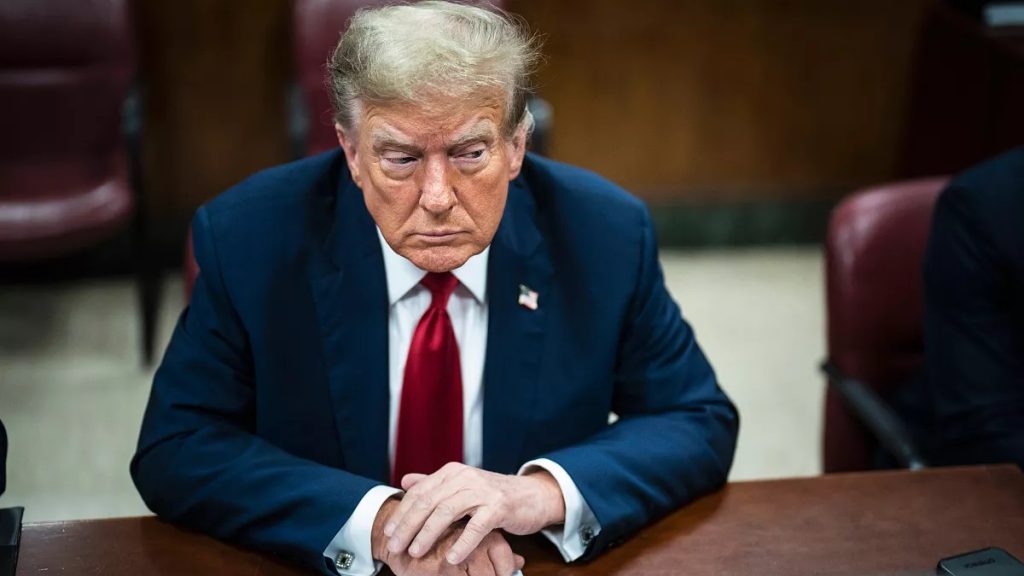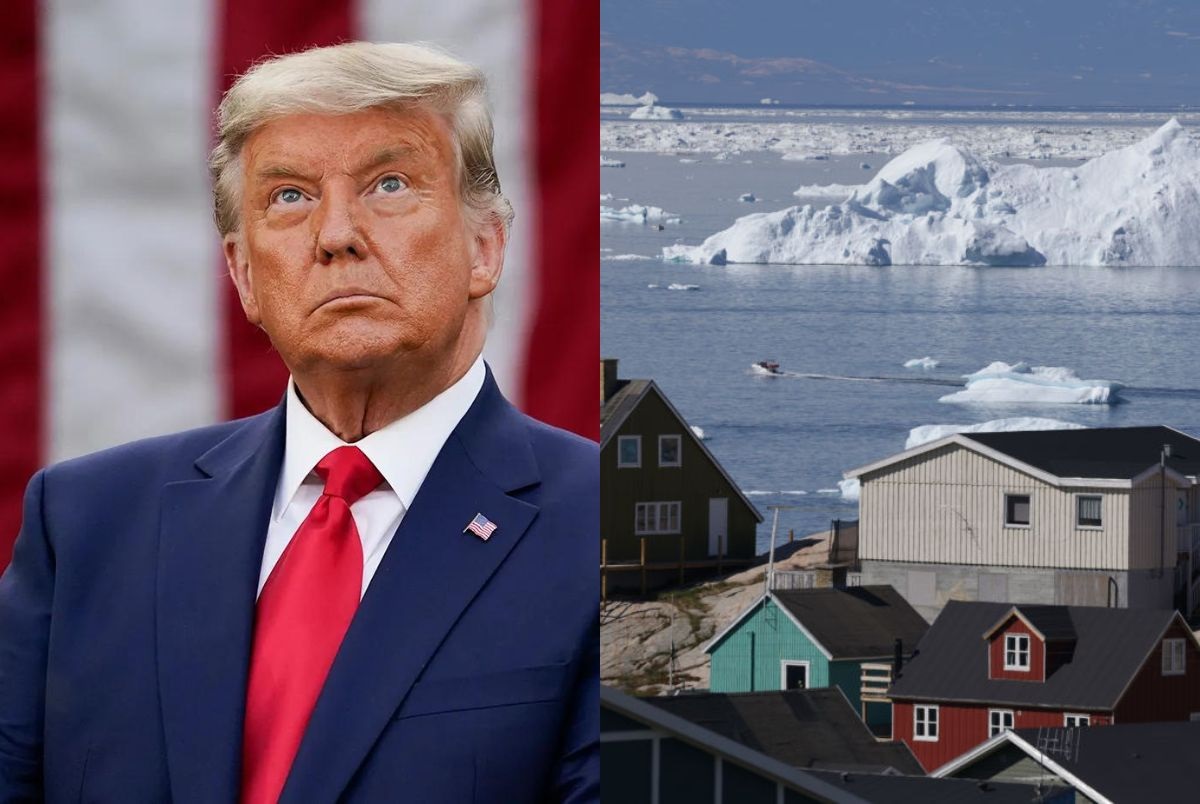Watan–Elected American President Donald Trump delivered an expansionist speech directed not only at his country’s allies but also at its potential adversaries. He stated that the boundaries of American power should extend to include Canada and the Danish territory of Greenland, and southward to the Panama Canal. Trump’s proposals that international borders could be redrawn—by force if necessary—have sparked provocations in Europe in particular. His words contradict the argument that European leaders and Ukrainian President Volodymyr Zelensky are trying to convince Russian President Vladimir Putin of.
Reactions from many continental leaders, who have learned to expect the unexpected from Trump and have seen his actions not consistently matching his words, were cautious. Some adopted a “nothing here” stance instead of strongly defending Denmark, an EU member state. Nevertheless, analysts say that the statements are likely to harm American-European relations before Trump’s second term begins on January 20th. It is noted that European governments heavily rely on the United States in trade, energy, investment, technology, and defense cooperation for security.
Diplomatic reactions from many officials in Europe confirmed their belief that Trump does not intend to deploy his forces to seize Greenland. Italian Prime Minister Giorgia Meloni stated, “I believe we can rule out that America will attempt to resort to force in the coming years to annex the territories it desires.” Meanwhile, German Chancellor Olaf Scholz cautiously stated, “Borders should not be moved by force,” without mentioning Trump by name. Later, during his political party’s general conference on Saturday in Berlin, Scholz added, “The principle of border sanctity applies to every country,” adding, “Every country must adhere to this principle, regardless of whether it is small or large, and very powerful.”
Ukrainian President Zelensky sought to pressure the incoming Trump administration earlier this week to continue supporting Ukraine, saying, “Regardless of what is happening in the world, everyone wants to ensure that their country will not be erased from the map.” Since Putin launched his forces across the border into Ukraine in 2022, Zelensky and his allies have been fighting—a costly effort—to defend the principle upon which the international order has stood since the end of World War II, namely that powerful countries cannot simply devour others.

The foreign ministers of Britain and France stated that they do not expect America to launch an invasion of Greenland. However, French Foreign Minister Jean-Noel Baro described Trump’s statements as a wake-up call and said, “If the question is whether we have entered an era where survival belongs to the strongest, my answer is yes.” Greenland’s Prime Minister Múte Egede said her people do not want to become American but are open to further cooperation with the United States, adding, “Cooperation means dialogue.” Meanwhile, Danish Prime Minister Mette Frederiksen described the United States as “our closest ally… and we must stand together.” Greenland is a semi-autonomous region located in the Arctic, not part of the European Union, but its 56,000 inhabitants are considered citizens of the bloc as they are part of Denmark.
Trump’s Remarks on Greenland Are Disturbing
European security analysts agree that there is no real possibility of Trump using military force against Denmark, an ally within the North Atlantic Treaty Organization (NATO). However, they have expressed deep concern nonetheless. Analysts have warned of impending disruptions in transatlantic relations, international norms, and the Western military alliance, driven by factors including the growing discord between the United States and Canada, a NATO member, following Trump’s repeated suggestions that Canada should become a U.S. state. Fleming Spleidsbol Hansen, a specialist in foreign policy, Russia, and Greenland at the Danish Institute for International Studies, stated: “Of course, there is a possibility that this is just a new commander in town (who would implement changes). I feel somewhat relieved by the fact that he is now insisting on the necessity of annexing Canada to the United States, which suggests that this is just a form of political posturing.”
He added: “But the damage has already been done. In fact, I cannot recall a similar incident where an ally—in this case, the most important ally (the U.S.)—threatened Denmark or another NATO member state.” Hansen expressed concerns that the Atlantic Alliance could unravel even before Trump’s inauguration, saying: “I am troubled by our understanding of the collective West… What does this mean now? And what might it mean a year from now, or two years, or at least by the end of Trump’s second term? What will the consequences be?”
Diplomats and analysts see a common thread in Trump’s ambitions regarding Canada, the Panama Canal, and Greenland: securing resources and waterways to bolster the United States’ strength against potential adversaries. Analyst Alex Frangoul Alfies in Paris states that Trump’s rhetoric “is all part of his approach: making America great again.” She pointed out the presence of rare minerals essential for advanced and green technologies in Greenland’s territories. China dominates the global supply of these valuable minerals, which the United States, Europe, and other countries consider a security threat. Alfies, who focuses on U.S. policies for the German Marshall Fund, explained: “Any policy adopted by Washington comes through the lens of competition with China.”
Security analyst Alexander Khara says that Trump’s claim that the U.S. “needs Greenland for national security purposes” brings to mind Russian President Putin’s comments on the Crimean Peninsula, Ukraine, and the strategic importance of the Black Sea when Russia forcibly annexed Crimea in 2014. Khara, the director of the Defense Strategies Center in Kyiv, the Ukrainian capital, added that the implication that borders might be flexible is “a very dangerous precedent,” warning: “We are transitioning from the old system based on standards and principles to more conflicts, chaos, and ambiguity.”
